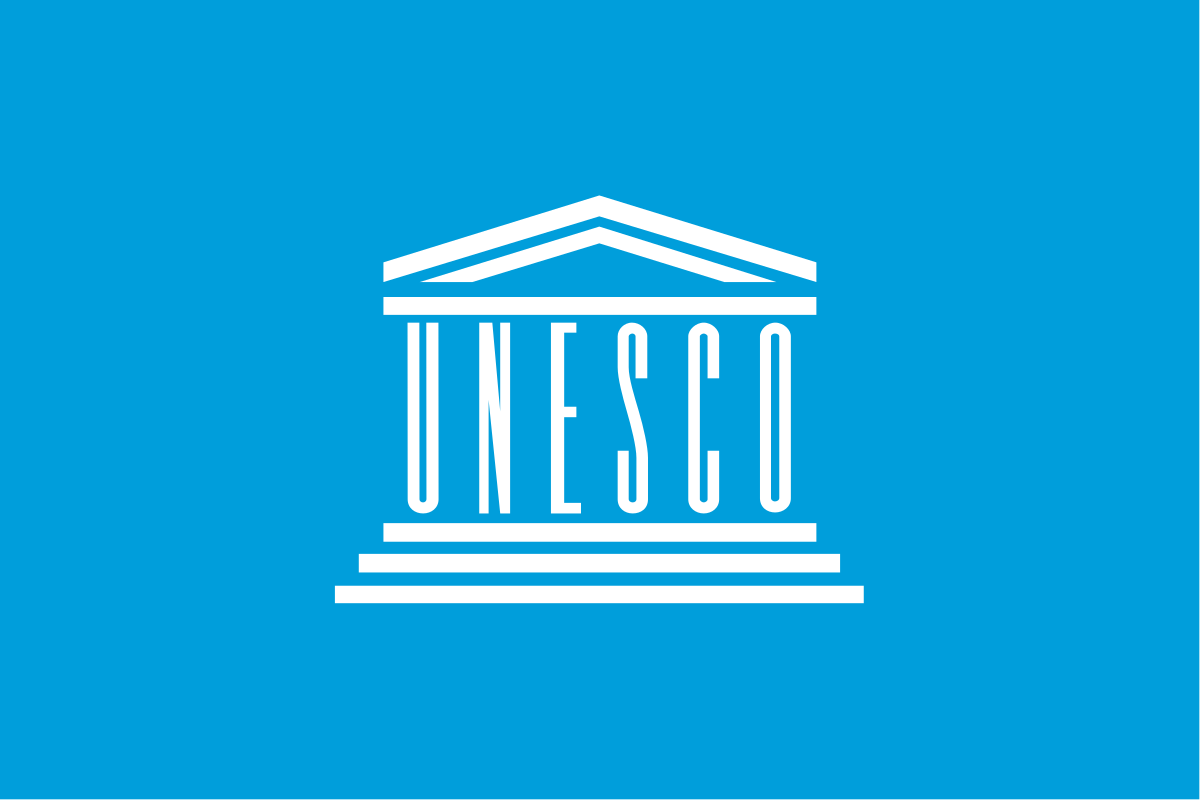Stamp: Minaret of Jam (Afghanistan 1996)
Minaret of Jam (Afghanistan 1996)
01 September (Afghanistan ) within release Tourism - surcharged goes into circulation Stamp Minaret of Jam face value 600 Afghan afghani
| Stamp Minaret of Jam in catalogues | |
|---|---|
| Stanley Gibbons: | Sg: AF 1288 |
Stamp is vertical format.
600 afghani on 2 afghani Issued during Taliban ruleAlso in the issue Tourism - surcharged:
- Stamp - Buzkashi Game, Horse (Equus ferus caballus) face value 900;
- Stamp - Great Friday Mosque, Herat face value 300;
- Stamp - Jet over the Hindu Kush face value 1,200;
- Stamp - Minaret of Jam face value 600;
Stamp Minaret of Jam it reflects the thematic directions:
Ruins (from Latin ruina 'a collapse') are the remains of a civilization's architecture. The term refers to formerly intact structures that have fallen into a state of partial or total disrepair over time due to a variety of factors, such as lack of maintenance, deliberate destruction by humans, or uncontrollable destruction by natural phenomena. The most common root causes that yield ruins in their wake are natural disasters, armed conflict, and population decline, with many structures becoming progressively derelict over time due to long-term weathering and scavenging.
Tourism is travel for pleasure or business; also the theory and practice of touring, the business of attracting, accommodating, and entertaining tourists, and the business of operating tours. Tourism may be international, or within the traveller's country. The World Tourism Organization defines tourism more generally, in terms which go "beyond the common perception of tourism as being limited to holiday activity only", as people "traveling to and staying in places outside their usual environment for not more than one consecutive year for leisure, business and other purposes". Tourism can be domestic or international, and international tourism has both incoming and outgoing implications on a country's balance of payments. Today, tourism is a major source of income for many countries, and affects the economy of both the source and host countries, in some cases being of vital importance.
A tower is a tall structure, taller than it is wide, often by a significant factor. Towers are distinguished from masts by their lack of guy-wires and are therefore, along with tall buildings, self-supporting structures.
The United Nations Educational, Scientific and Cultural Organization (UNESCO; pronounced /juːˈnɛskoʊ/) is a specialized agency of the United Nations (UN) with the aim of promoting world peace and security through international cooperation in education, arts, sciences and culture. It has 194 member states and 12 associate members,as well as partners in the non-governmental, intergovernmental and private sector. Headquartered in Paris, France, UNESCO has 53 regional field offices and 199 national commissions



